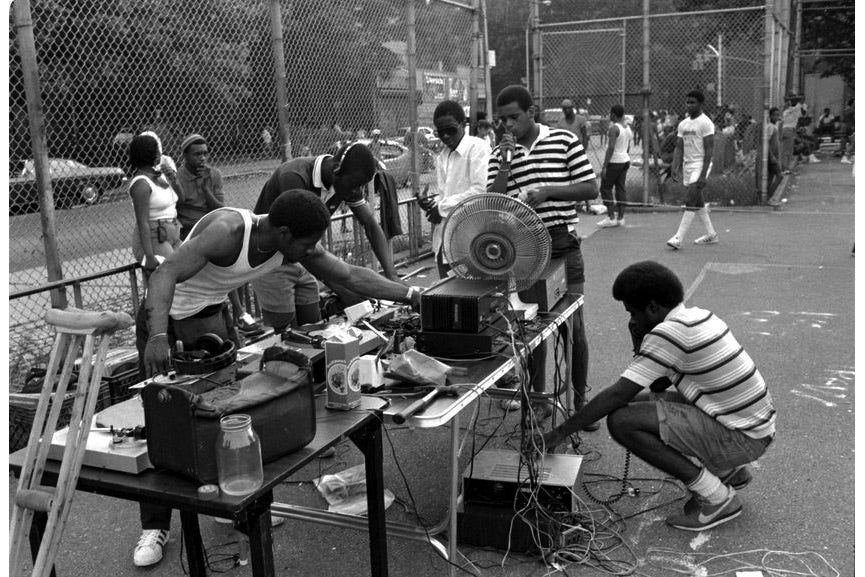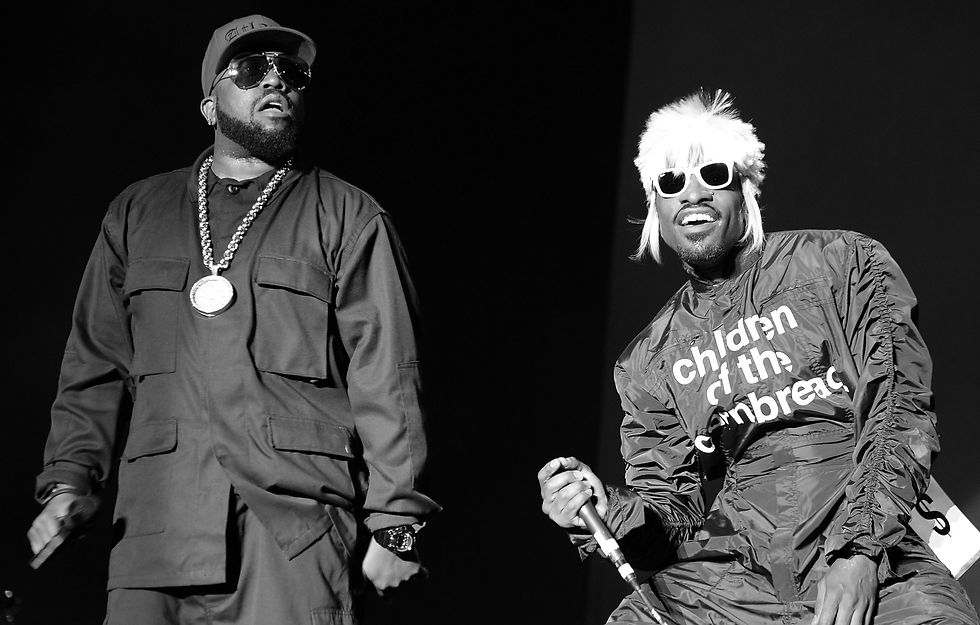The History and Evolution of Hip-Hop: From the Streets to the World Stage
- hiphopappreciationsociety
- Feb 13, 2023
- 2 min read
Hip-hop, one of the most influential cultural movements of the last several decades, has its roots in the African American and Latinx communities of the South Bronx in the late 1970s. Born out of a desire to express the struggles, triumphs, and hopes of these communities, hip-hop has grown from a local movement to a global phenomenon, encompassing a range of art forms including music, dance, fashion, and visual arts.
The early days of hip-hop were defined by the block parties that DJ Kool Herc began throwing in the South Bronx in the mid-1970s. Herc, who was born in Jamaica and raised in New York City, is widely considered to be the father of hip-hop, as he was the first to experiment with breaking down and repeating the instrumental breaks of funk and soul records, creating a musical form that would become the foundation of hip-hop music.
As the movement began to grow and evolve, MCs, or rappers, emerged to begin rapping over these beats, adding lyrics that reflected the experiences of the communities in which hip-hop was born. The early years of hip-hop were marked by an emphasis on creativity and originality, as MCs sought to outdo each other with their rhymes and lyrics.
In the 1980s, hip-hop began to gain national attention, as the genre’s biggest stars, including Run-DMC, LL Cool J, and Grandmaster Flash and the Furious Five, released hit records and embarked on nationwide tours. As hip-hop continued to grow in popularity, it also began to expand and evolve, encompassing a range of new styles and sounds, including the rise of gangsta rap and the emergence of hip-hop dance and breakdancing.
Throughout the 1990s and 2000s, hip-hop continued to dominate the charts and influence popular culture, as artists like Tupac, Notorious B.I.G., and Jay-Z released classic albums and established themselves as cultural icons. In recent years, hip-hop has continued to grow and evolve, as new artists like Kendrick Lamar, Cardi B, and Drake have taken the genre in new and exciting directions, while older artists like Eminem and Snoop Dogg have maintained their status as cultural touchstones.
Today, hip-hop is a global phenomenon, influencing and shaping popular culture across the world. Whether it’s through music, dance, fashion, or film, hip-hop continues to inspire and motivate people of all ages, cultures, and backgrounds, and its impact will continue to be felt for generations to come.
In conclusion, the history and evolution of hip-hop is a testament to the power of creativity, expression, and community. From its beginnings as a local movement in the South Bronx, hip-hop has grown to become one of the most influential and culturally significant movements of our time, and its impact will continue to be felt for years to come.







Comments